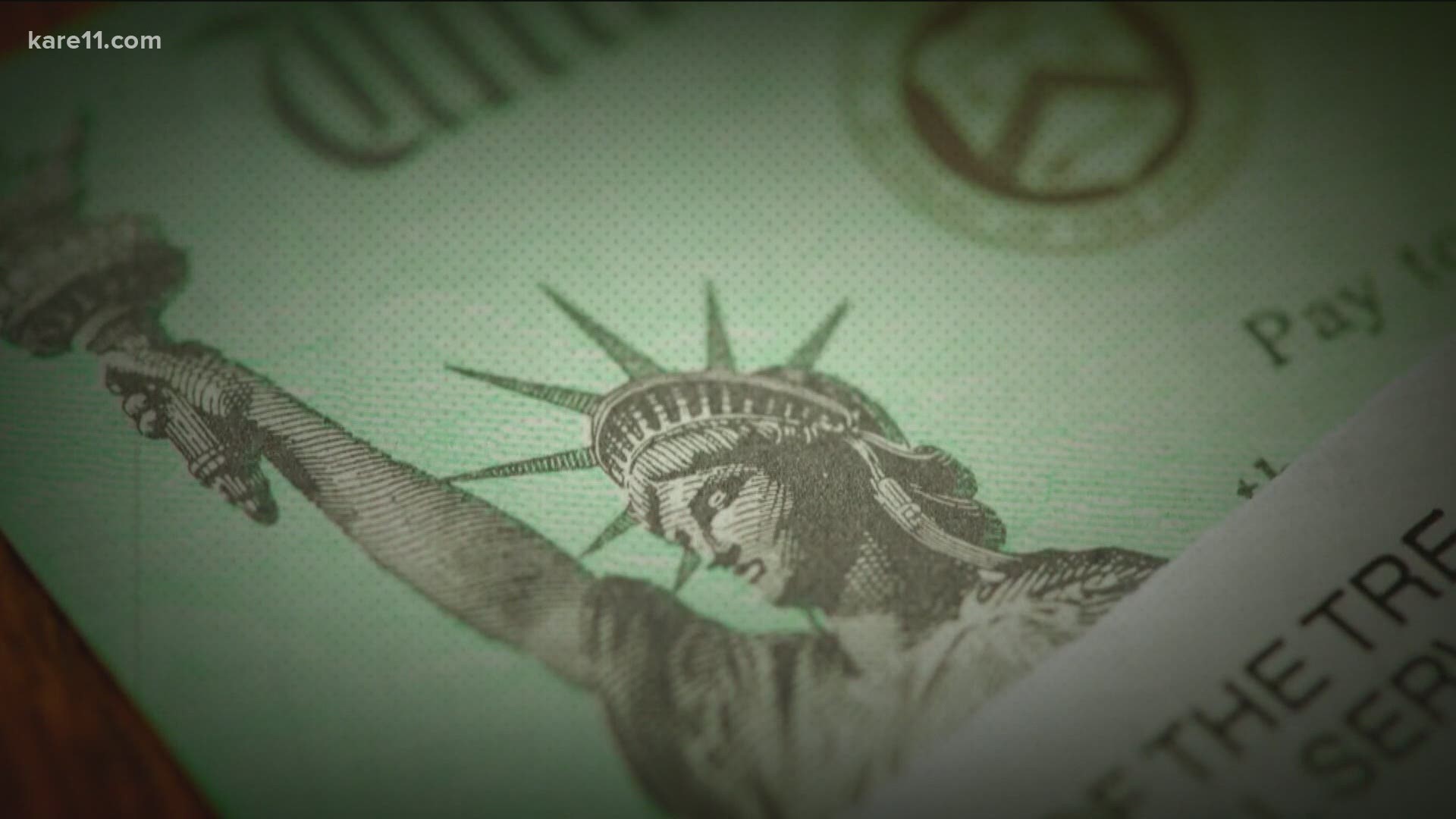MINNEAPOLIS — We've been talking about the child tax credits for a while now, but there is still a lot of confusion out there about what they are and why they're coming early.
"We need to understand that this is not the fourth stimulus package. This is not a stimulus situation,” CPA Scott Kadrlik says.
Kadrlik says the child tax credit normally comes into play when parents file their taxes.
For every child under 17, parents would get $2,000 that might lower their tax bill or come as a tax refund.
This year, the amount has gone up to $3,000 for children aged 6 to 17 and $3,600 for kids five and under.
And another change this year, parents can get up to half of that money early.
"You actually have to enroll in a program to stop those payments,” Kadrlik says.
If you do nothing the money will go out automatically each month.
Kadrlik says the first round of payments will go out starting July 15.
The payments will continue for the next five months with the final payment coming in December.
Parents will get $300 a month for kids five and under and $250 for kids 6 to 17.
"If you take the advance payment, you need to understand that this will reduce your potential refund, or increase your balance due next April,” Kadrlik says.
That's important for parents to remember.
A lot of families count on a big tax refund to pay off some bills or do some car repairs.
But it’s important to keep in mind that every dollar you take out now through these early payments is money you won't be getting later.
And if you got a big promotion this year, or a raise, you might have to give some of that money back.
"You may end up paying these dollars back that you received early because your income went up too much compared to the limits,” Kadrlisk says.
That's because the IRS is using your 2020 tax return for these early payments and will later use your 2021 tax return for the rest of the child tax credit next year.
So, if you suddenly make more than $75,000 this year individually, or $150,000 as a married couple, you may have to give some of that money back.
If you want to opt out of these payments, the deadline for this first July payment is actually June 28.
If you miss that deadline, you can still opt out of the five remaining payments and instead get your money when you file your taxes early next year.

